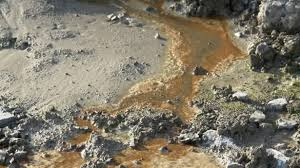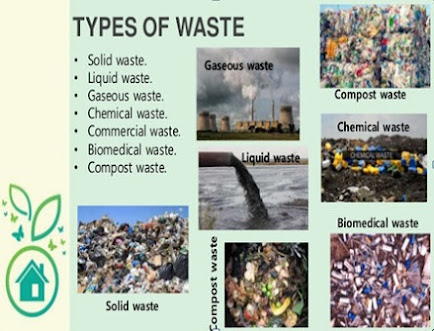1) Impacts on Human Health:
- Microbial contamination in water bodies causes diseases like cholera, dysentery, diarrhea, polio, typhoid, hepatitis, etc.
- Heavy metals in drinking water can affect vital organs such as the kidney, liver, and nervous system.
- Nitrates in drinking water cause blue baby syndrome in infants. It is a disease in which the blood cannot properly carry oxygen and the infant die. (decreased oxygen-carrying capacity of hemoglobin in babies leading to death)
2. Impacts on Aquatic Life:
- Higher levels of nitrogen and phosphorus in agricultural run-off cause excessive growth of algae (Eutrophication). This process may result in oxygen depletion of the water body.
- The algae and other organisms eventually die off and bacteria may consume all the oxygen from the water during the decomposition of algae. This causes the death of fish in such water bodies due to low oxygen levels.
- Pesticides affect aquatic life in the following ways.
- Aquatic microorganisms are affected.
- Decline of Amphibians
- Fishkill
3. Impact on Soil:
- Untreated wastewater can adversely affect the soil system.
- Water pollution can contaminate the soil with heavy metals and other pollutants.
- Heavy metals affect the microbial activity in the soil.
- Heavy metals affect the crop plants growing in the contaminated soil.
Water Pollution in Pakistan and its Impacts on Public
Health,
Facts and Figures:
§ In
Pakistan, 30% of all diseases and 40% of all deaths are due to poor
water
quality.
§ Among
122 nations of the world, Pakistan’s position is 80th concerning
drinking
water quality. Sixty-four percent of bacterial contamination was
reported
in the northern region of the country.
§ Every
year around (250000) children in Pakistan die due to contaminated water.
§ In Pakistan 20-40 % of hospital beds are occupied by patients with
waterborne diseases like diarrhea, hepatitis, typhoid, dysentery, cholera,
etc. One-third of all deaths occur across the country owing to waterborne diseases.
Water Pollution and Health Impacts across the World:
§ According to the world health organization (WHO), 80% of diseases
are waterborne.
§ Worldwide,
approximately polluted drinking water and insufficient
sanitation
kill 1.6 million children below the age of 5 each year, 84%
of
them are residing in villages.









No comments:
Post a Comment